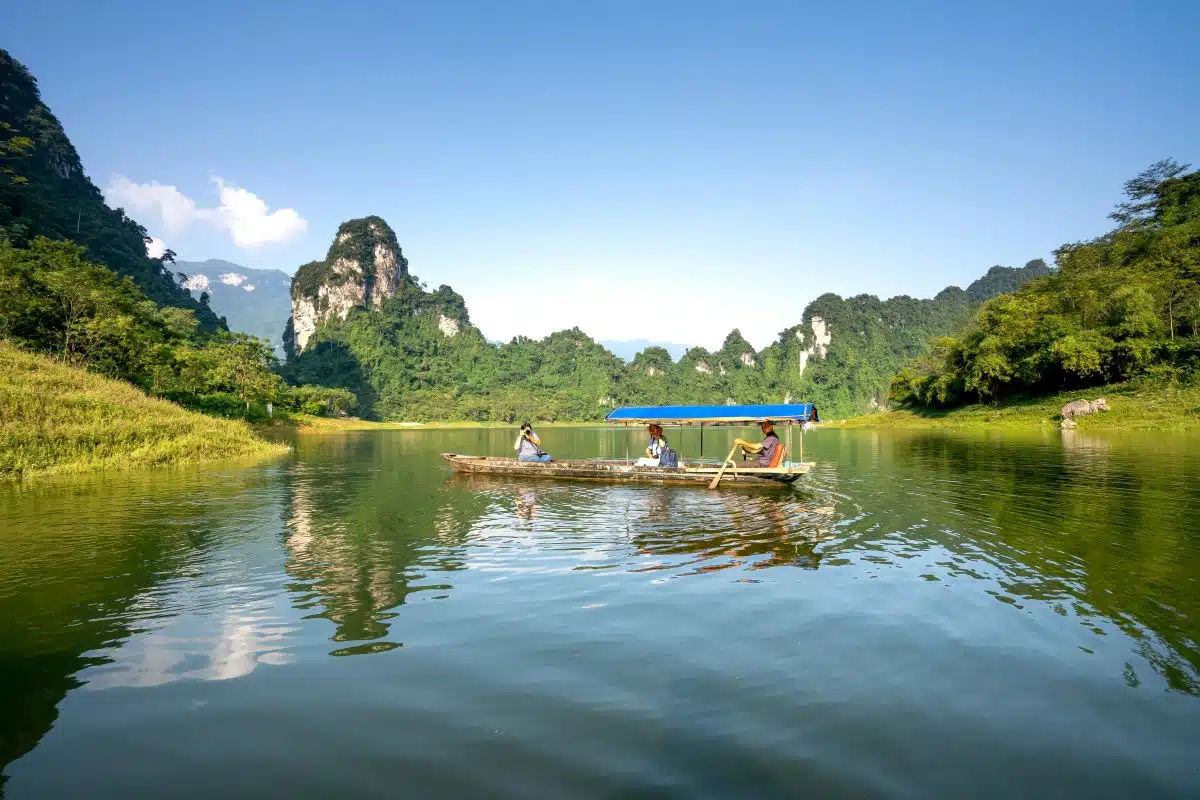As eco-tourism gains popularity, it’s crucial to recognize its potential downsides and unintended consequences. Here are 21 reasons why eco-tourism might be doing more harm than good:
1. Overcrowding
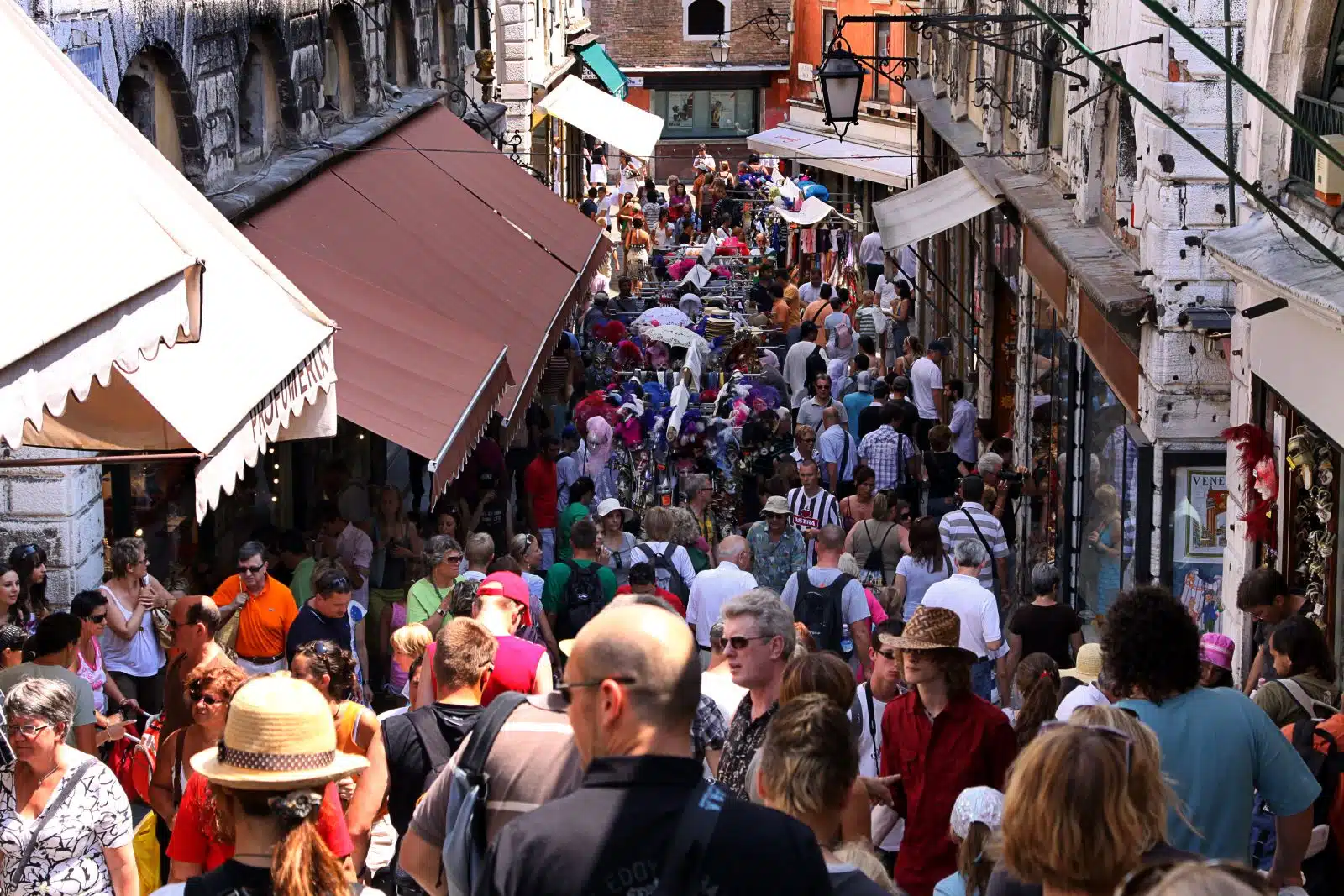
Image Credit: Shutterstock / wideonet
Popular eco-tourism destinations often become overcrowded, leading to environmental degradation and disruption of local ecosystems.
2. Habitat Destruction
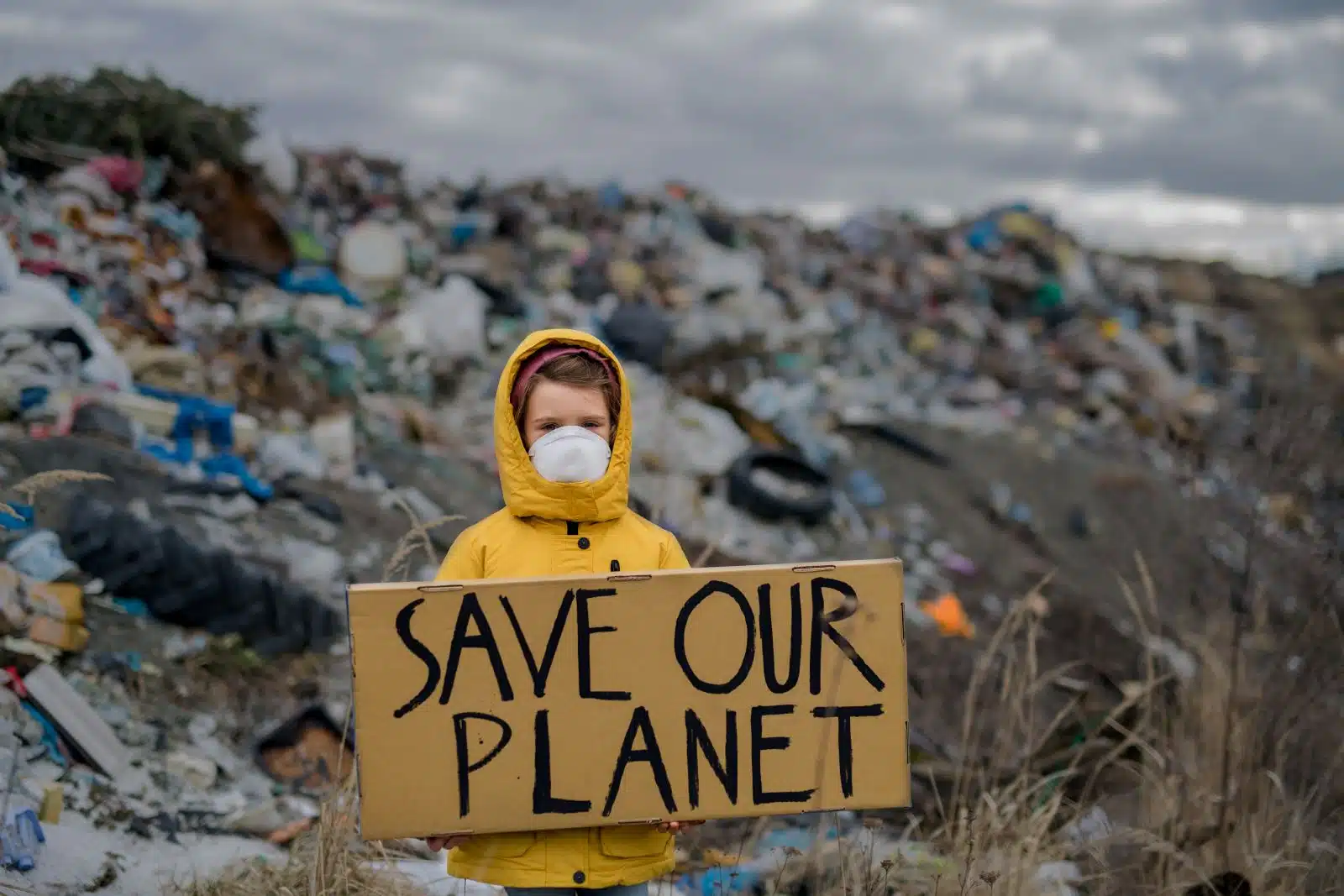
Image Credit: Shutterstock / Ground Picture
The development of eco-tourism infrastructure can lead to the destruction of natural habitats, displacing native species and disrupting delicate ecosystems.
3. Pollution

Image Credit: Shutterstock / 24Novembers
Increased tourism activity, including transportation and waste generation, contributes to pollution in eco-sensitive areas, harming both wildlife and the environment.
4. Carbon Footprint
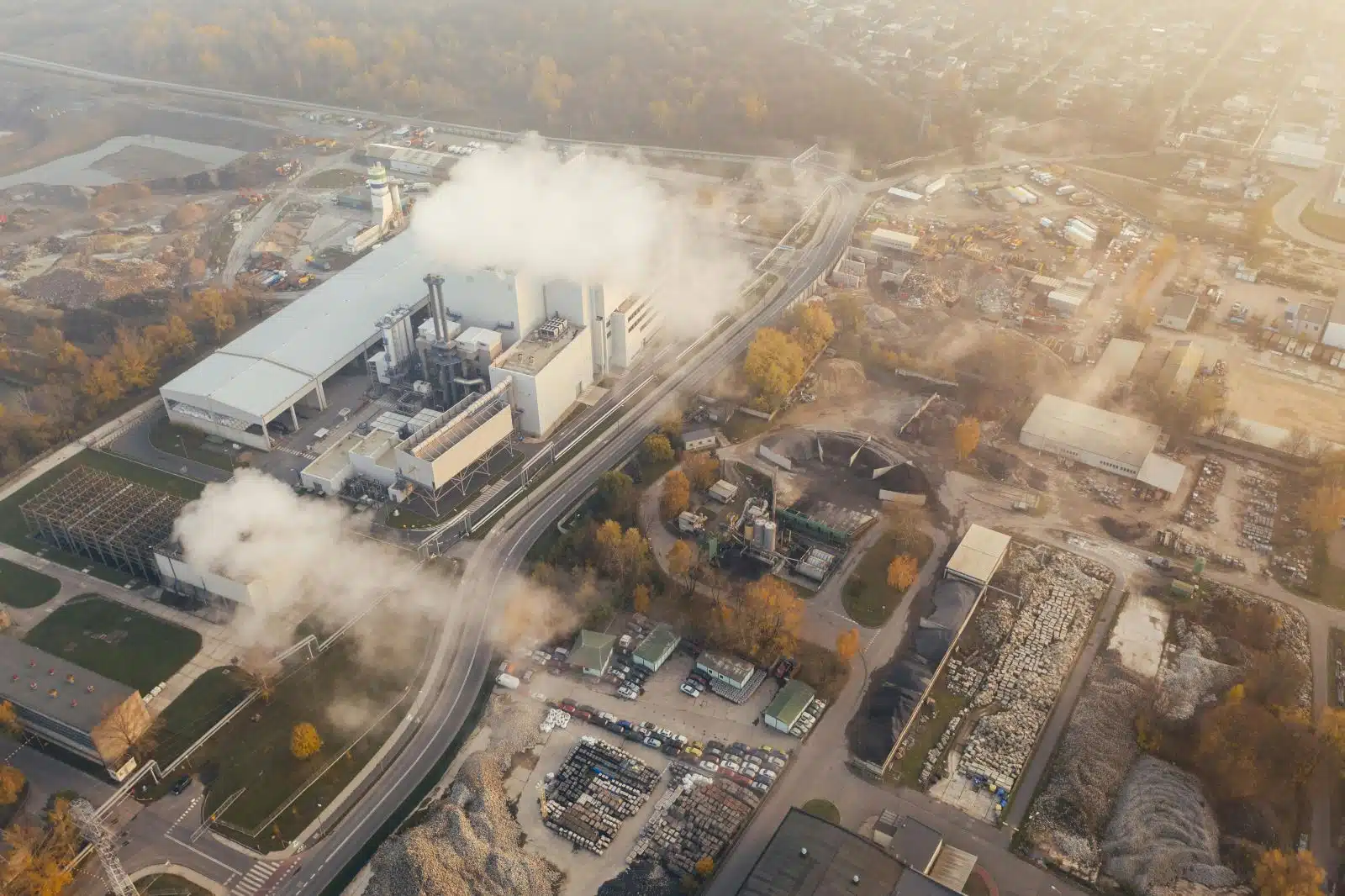
Image Credit: Shutterstock / Marcin Jozwiak
Travel to eco-tourism destinations often involves long-haul flights and other carbon-intensive activities, exacerbating climate change and environmental degradation.
5. Resource Depletion

Image Credit: Shutterstock / Kate Trifo
Eco-tourism can strain local resources such as water, food, and energy, leading to depletion and scarcity for both residents and wildlife.
6. Loss of Cultural Identity

Image Credit: Shutterstock / Vlad Vasnetsov
Commercialization of eco-tourism sites can erode traditional cultures and lifestyles, leading to the loss of cultural identity among indigenous communities.
7. Displacement of Indigenous Peoples

Image Credit: Shutterstock / Yuri Ugarte – Supay
The influx of tourists and development of eco-tourism projects can lead to the displacement of indigenous communities from their ancestral lands, depriving them of their livelihoods and cultural heritage.
8. Inequality

Image Credit: Shutterstock / Kampus Production
Eco-tourism often benefits large corporations and tour operators more than local communities, exacerbating socio-economic inequality and widening the gap between rich and poor.
9. Greenwashing

Image Credit: Shutterstock / Thirdman
Some eco-tourism initiatives may engage in greenwashing, presenting themselves as environmentally friendly while still engaging in harmful practices behind the scenes.
10. Wildlife Disturbance
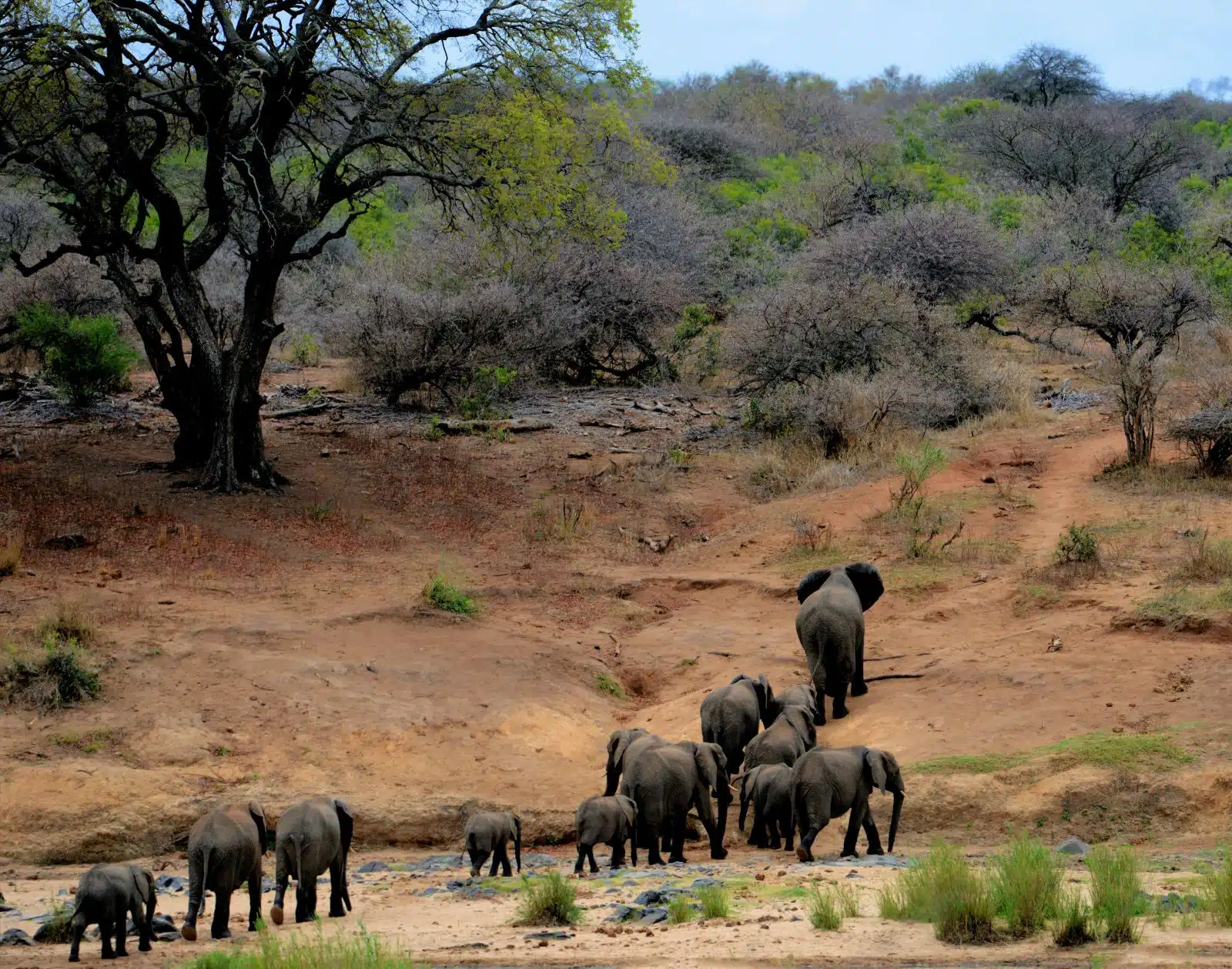
Image Credit: Shutterstock / Frans van Heerden
Excessive human presence in eco-sensitive areas can disturb wildlife, disrupt natural behaviors, and lead to stress and population declines among vulnerable species.
11. Unsustainable Practices
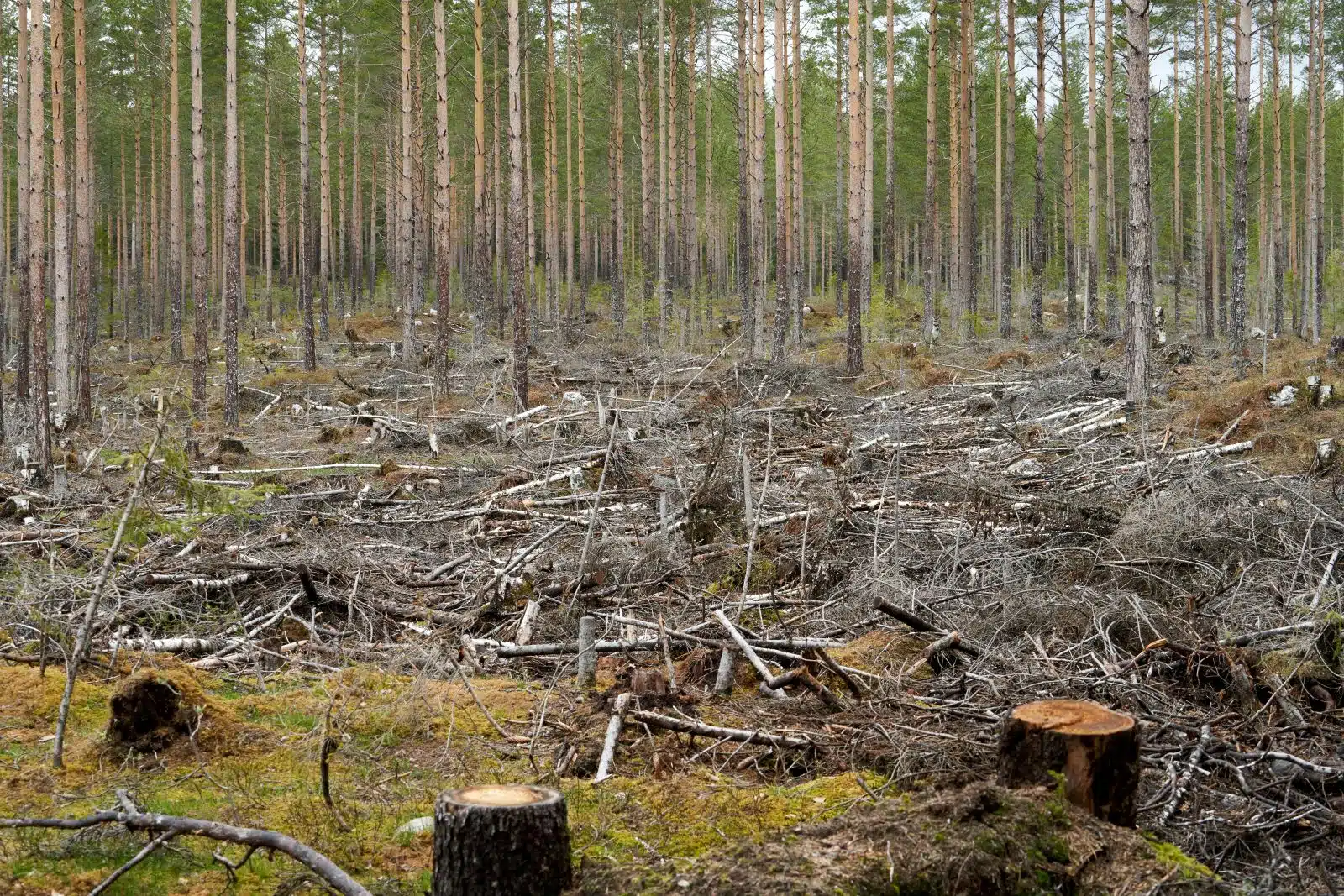
Image Credit: Shutterstock / Barnabas Davoti
In the pursuit of profit, some eco-tourism operators may prioritize short-term gains over long-term sustainability, leading to the depletion of natural resources and irreversible environmental damage.
12. Loss of Biodiversity

Image Credit: Shutterstock / Zhuravlev Andrey
Eco-tourism can contribute to the loss of biodiversity by introducing invasive species, spreading diseases, and fragmenting habitats through infrastructure development.
13. Cultural Appropriation

Image Credit: Shutterstock / Susan G. Enberg
Commercialization of indigenous cultures for tourist consumption can lead to cultural appropriation and commodification, disrespecting the sacred traditions and beliefs of local communities.
14. Exploitation of Local Labor

Image Credit: Shutterstock / Kateryna Babaieva
Low wages, long hours, and poor working conditions are common in the eco-tourism industry, leading to the exploitation of local labor and perpetuating cycles of poverty.
15. Disruption of Natural Cycles

Image Credit: Shutterstock / Pixabay
Human activities associated with eco-tourism, such as noise pollution and habitat alteration, can disrupt natural cycles and ecological processes, leading to long-term ecological consequences.
16. Loss of Authenticity
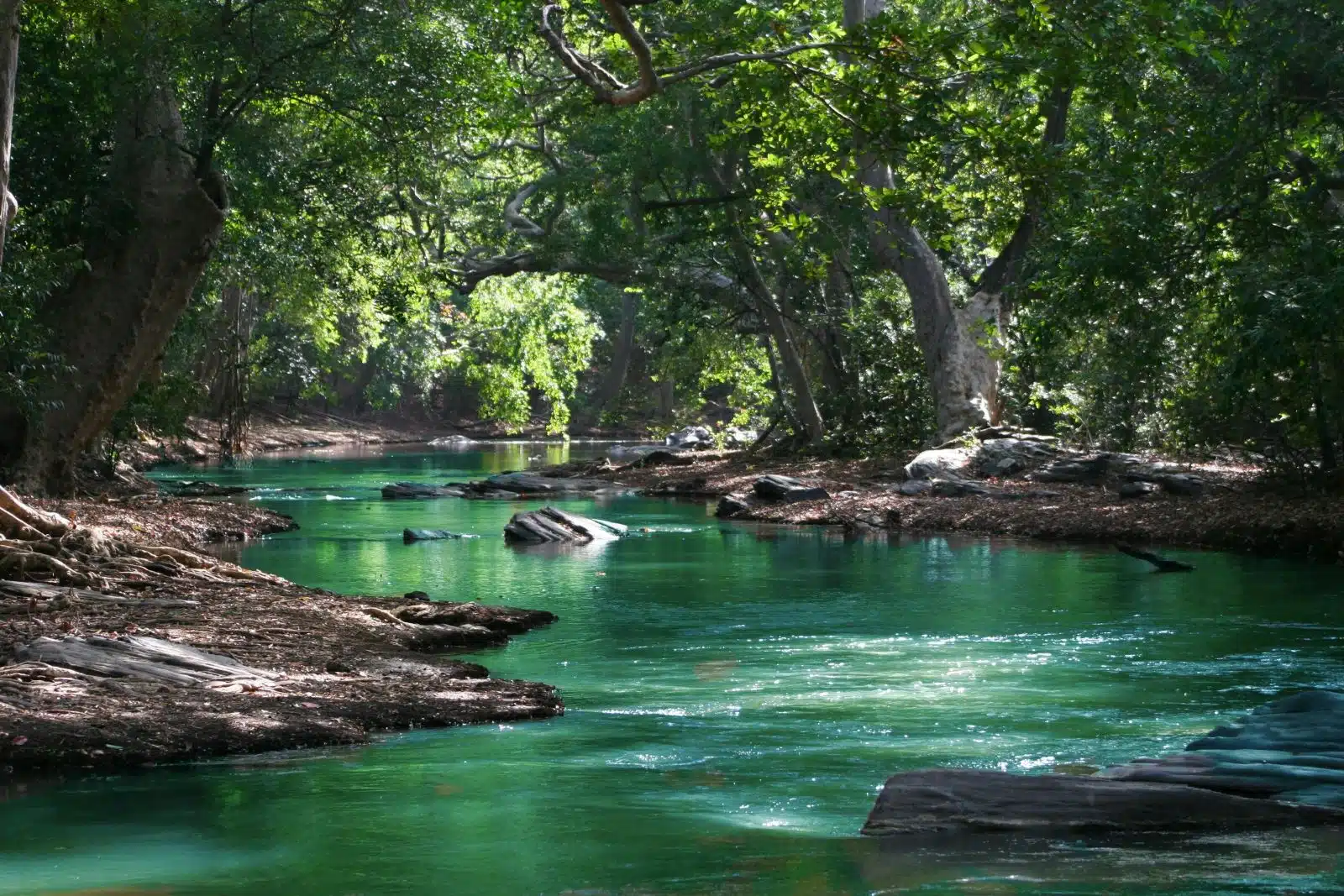
Image Credit: Shutterstock / Ian Turnell
Over-commercialization of eco-tourism destinations can strip them of their authenticity and natural beauty, turning once pristine areas into tourist traps devoid of genuine wilderness experiences.
17. Fragmentation of Communities

Image Credit: Shutterstock / Israel Torres
Eco-tourism development can fragment local communities, pitting residents against each other for tourism dollars and undermining social cohesion and solidarity.
18. Erosion
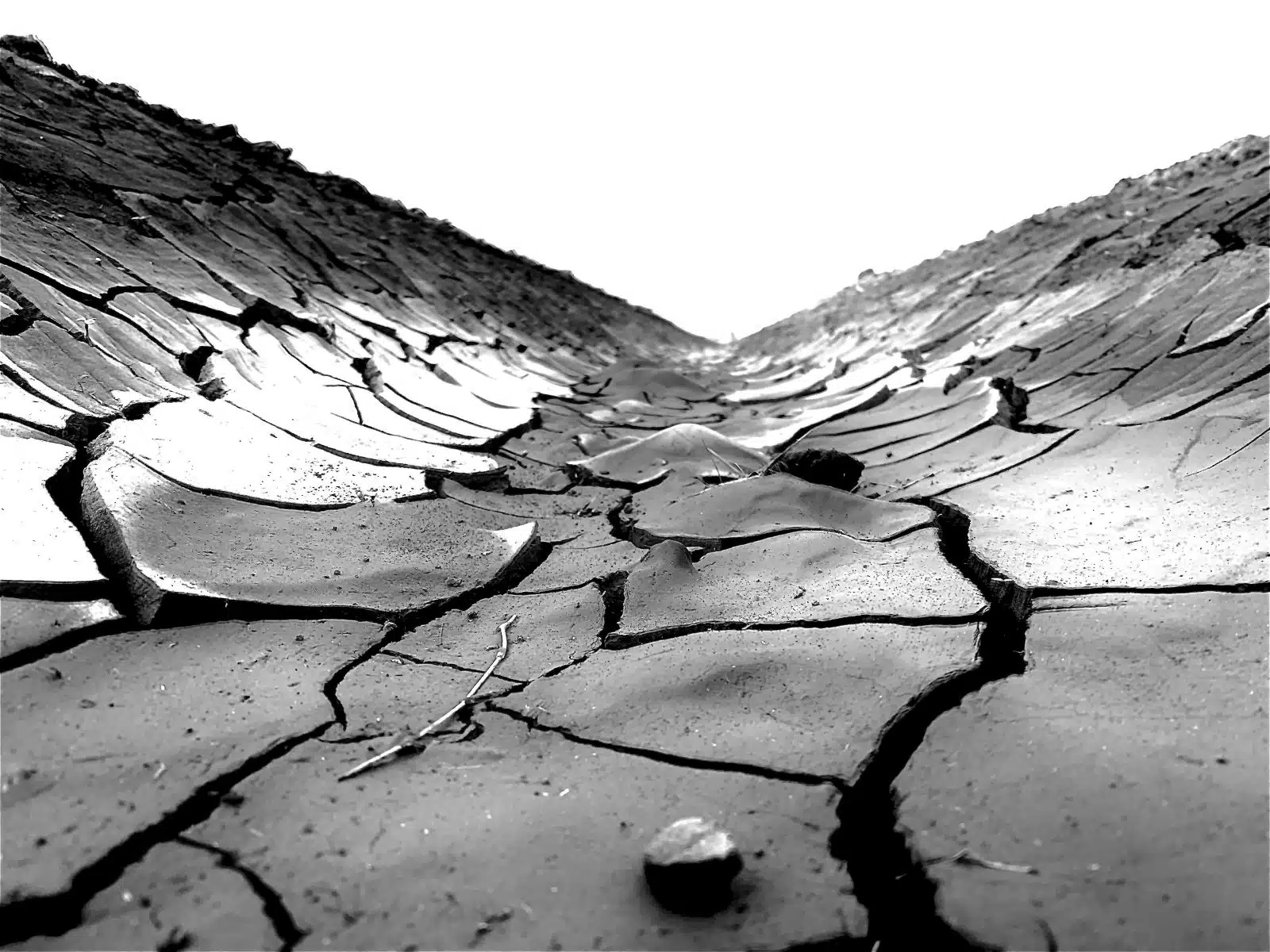
Image Credit: Shutterstock / Mario A. Villeda
Uncontrolled tourism activities, such as hiking and off-road driving, can cause erosion and soil degradation, leading to habitat loss and reduced ecosystem resilience.
19. Economic Dependency

Image Credit: Shutterstock / Karolina Kaboompics
Local economies reliant on eco-tourism revenue may become vulnerable to fluctuations in tourist numbers, economic downturns, and external shocks, leading to increased poverty and instability.
20. Loss of Sacred Sites

Image Credit: Shutterstock / Ashley Fontana
Commercialization of sacred sites for tourist consumption can desecrate and degrade these spiritually significant places, disrespecting the cultural heritage and religious beliefs of indigenous peoples.
21. Lack of Regulation

Image Credit: Shutterstock / Karolina Kaboompics
Weak or nonexistent regulations governing eco-tourism activities can lead to unchecked exploitation of natural resources, environmental degradation, and negative impacts on local communities and ecosystems.
Do Your Research

Image Credit: Shutterstock / Andrea Piacquadio
It’s imperative to critically evaluate the impacts of eco-tourism and advocate for responsible and sustainable tourism practices that prioritize environmental conservation, cultural preservation, and social equity.
More From The Green Voyage
Top 10 Trending Travel Destinations 2024
6 Essential Banking Apps for International Travel – Managing Your Finances on the Go
Traveling With Kids – 10 Tips to Create Memorable Family Holidays
The post Eco-Tourism Fail: 21 Reasons It’s Hurting More Than Helping first appeared on The Green Voyage.
Featured Image Credit: Shutterstock / Quang Nguyen Vinh.
For transparency, this content was partly developed with AI assistance and carefully curated by an experienced editor to be informative and ensure accuracy.
Tips for Trip Success
Book Your Flight
Find an inexpensive flight by using Kayak, a favorite of ours because it regularly returns less expensive flight options from a variety of airlines.
Book Your Hotel or Special Accommodation
We are big fans of Booking.com. We like their review system and photos. If we want to see more reviews and additional booking options, we go to Expedia.
You Need Travel Insurance!
Good travel insurance means having total peace of mind. Travel insurance protects you when your medical insurance often will not and better than what you get from your credit card. It will provide comprehensive coverage should you need medical treatment or return to the United States, compensation for trip interruption, baggage loss, and other situations.Find the Perfect Insurance Plan for Your Trip
